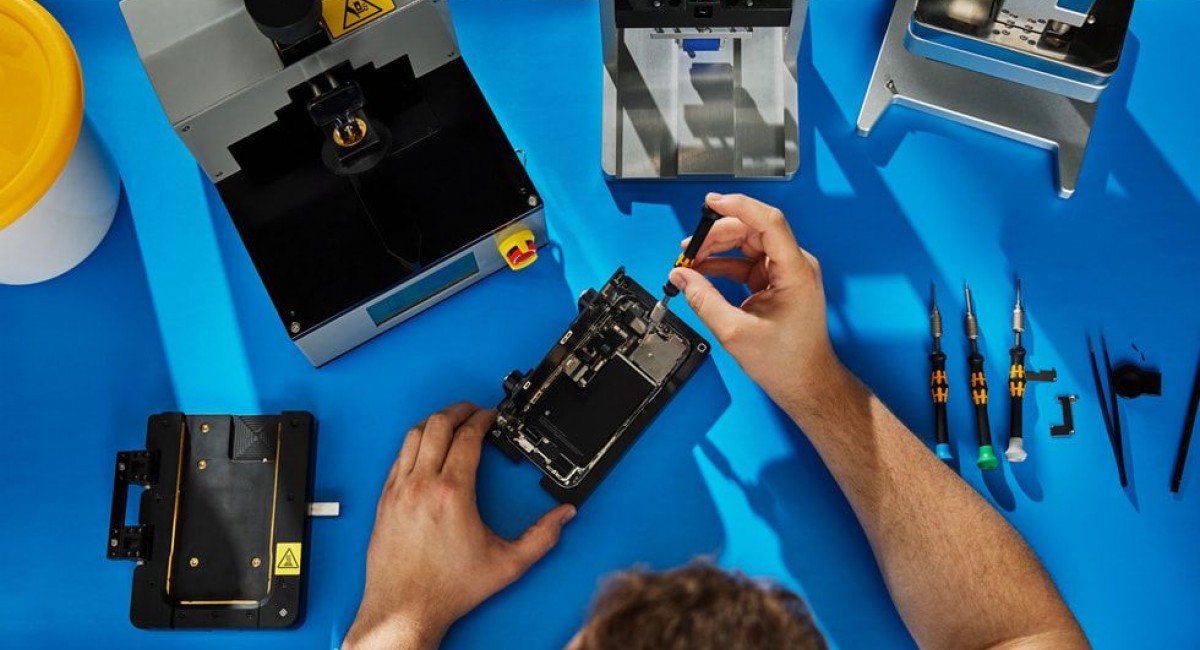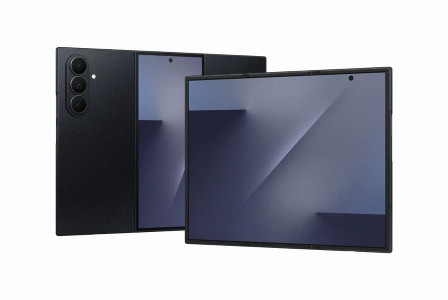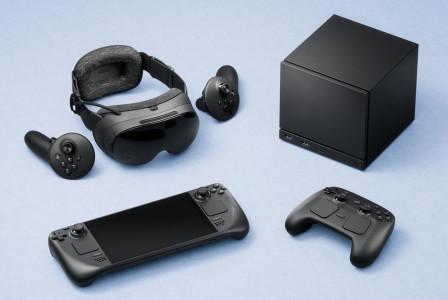SEARCH
Apple will let us repair iPhone with used genuine parts

SHARE IT
Apple has announced a loosening of its repair policies in an official blog. Customers and independent repair shops will be able to fix iPhones using authentic, secondhand Apple parts as a result. The modification will take effect in the fall of this year and affect a specific set of iPhones.
The Self Service Repair program for MacBook Pro and iMac models with the M3, M3 Pro, or M3 Max chip has been expanded by Apple. When the Self Service Repair program was first introduced in 2022, it was limited to the iPhone 12, iPhone 13, and third-generation iPhone SE. Later that year, it was extended to accommodate additional MacBooks.
The iPhone 15 range and subsequent devices can now be fixed using repurposed Apple components. Cameras, batteries, and screens are all covered by the coverage. Additionally, it permits the reuse of biometric sensors for Touch ID and Face ID in upcoming iPhone models. After the repair policy comes into effect in the fall, "calibration for genuine Apple parts, new or used, will happen on the device after the part is installed."
John Ternus, SVP of Hardware Engineering at Apple, emphasized the benefits to the environment and the way the new approach will help parts last longer.
For the last two years, teams across Apple have been innovating on product design and manufacturing to support repairs with used Apple parts that won't compromise users' safety, security, or privacy. With this latest expansion to our repair program, we're excited to be adding even more choice and convenience for our customers, while helping to extend the life of our products and their parts.
A new "Parts and Service History" history shows up in the Settings app under General > About once an iPhone is fixed. This will provide information on the authenticity of the new or used Apple part utilized in the repair.Additionally, Apple has loosened the requirement for a device serial number when placing parts orders up until the point at which the logic board is not replaced.
Additionally, Apple has expanded the use of its Activation Lock function to include iPhone parts.This is to stop stolen iPhones from being disassembled for parts. The calibration capabilities of a particular part will be limited if a device undergoing repair identifies a part that was taken from a stolen device and has Activation Lock enabled.
MORE NEWS FOR YOU

 Help & Support
Help & Support 

